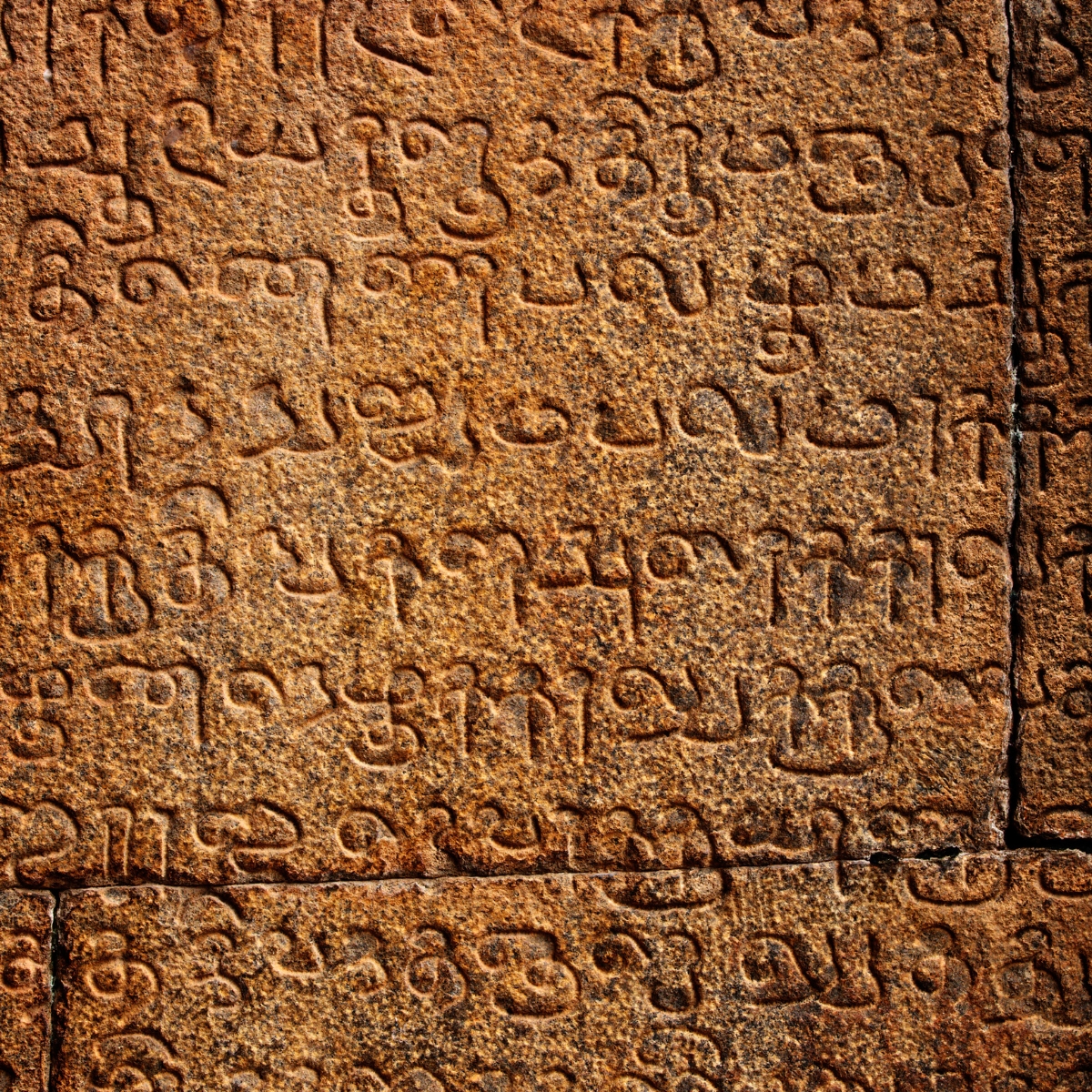The Effect of Ancient Civilizations
The study of history opens quite an exciting window to the past, explaining how ancient civilizations set a foundation for the modern world. Among such milestones of history comes appreciation for the berth of human development and the ingenuity that has been sustained over time. We will take a look at the impact of ancient civilizations on contemporary society within this blog post.
The Legacy of Ancient Egypt
Ancient Egypt, with its iconic pyramids and enigmatic hieroglyphics, serves as a benchmark of human ingenuity. There were immense improvements in medicine, mathematics, and engineering made by the Egyptians. One of their inventions was that of the 365-day calendar, which is still the basis of our concept of time today, and another matured into architectural marvels that are a constant source of awe and academic study.
Ancient Greek Inventions
Ancient Greece is often celebrated as the cradle of Western civilization. Their contribution to philosophy, politics, and the arts has a history of leaving enduring footprints: thinkers like Socrates, Plato, and Aristotle who shaped Western philosophical thought; democracy, first practiced in Athens, inscribed its tenets onto political systems across the world. The emphasis placed by the Greeks on rationality and inquiry thus acts as the mainspring for modern education and scientific enterprise.
Influence of the Roman Empire
The huge extend of the Roman Empire and its lasting influence is variegatedly reflected in today’s life. The Romans were magnificent builders, inventors of concrete, and road makers who spanned their empire to accomplish effective trade and communications. The Roman law also had a great influence upon modern legal systems by including principles of justice and equality before the law. Latin was the language of Rome and is therefore the basis for a lot of modern languages. Much of it is still studied today because of its great amount of historical significance.
Conclusion
Ancient civilizations have left an almost indelible mark on the modern world. Many of their innovations to architecture, governance, and intellectual pursuits have remained part of our societies and cultures. While studying the history of humanity, one is not merely showing respect for the achievements of our forefathers but looking at it from a more practical perspective—a guide toward progress in the future. Spring into the rich tapestry of history and discover how, even today, legacies of ancient civilizations underpin human functions.







